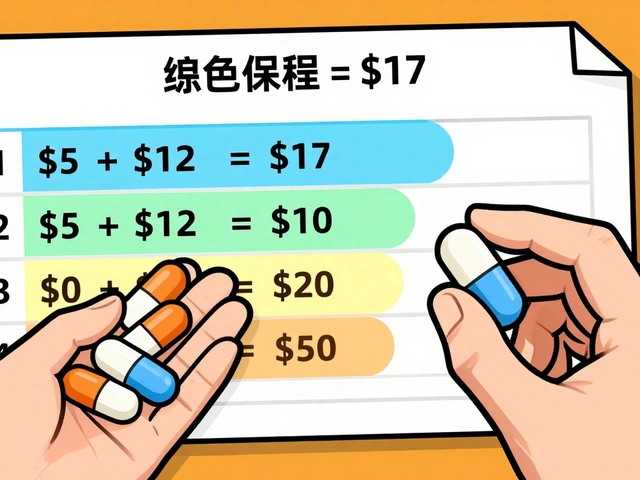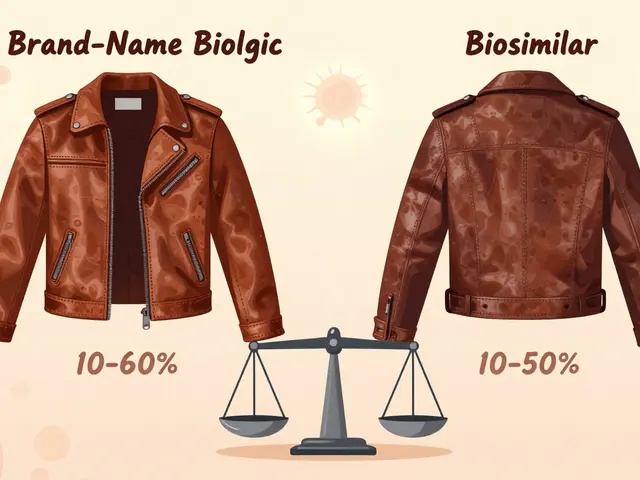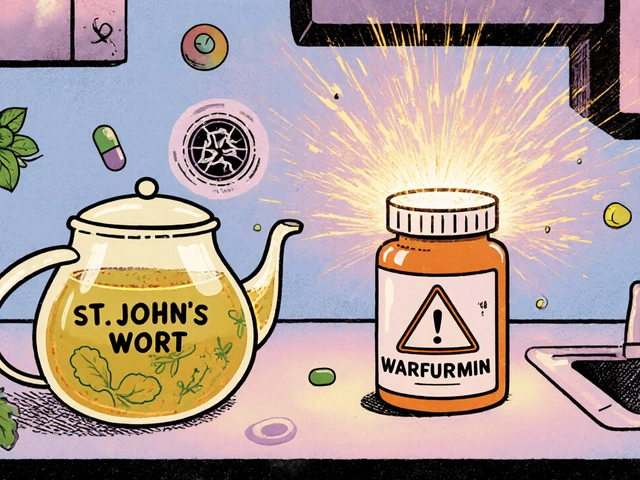Hydrocortisone: What It Is and How It Helps Your Skin
Hydrocortisone is a common medicine you’ve probably heard of, especially when dealing with skin problems. It’s a type of steroid that helps reduce swelling, redness, and itching by calming down your immune system’s response. You’ll often find it in creams or ointments used to treat rashes, eczema, insect bites, and allergic reactions. If you’ve ever had an annoying itchy spot that just won’t quit, hydrocortisone might be the relief you need.
Many people wonder if it’s safe to use or what side effects to watch out for. The good news? When used as directed, hydrocortisone is usually safe for short-term treatment. It works by lowering inflammation, which helps your skin heal and feel better faster. However, overusing it or applying it on broken skin can cause issues like thinning or dryness. That’s why it’s important to follow your doctor’s advice or the instructions on the package carefully.
When and How to Use Hydrocortisone Safely
Using hydrocortisone the right way makes all the difference. Apply only on affected areas and avoid sensitive spots like your eyes or mouth unless your healthcare provider says it’s okay. Generally, you should use it sparingly—just a thin layer is enough to do the job. Think of it like a powerful tool you want to handle with care rather than overdoing it. If you notice your skin getting worse or new problems appearing, stop using it and reach out to a doctor.
Also, keep in mind that hydrocortisone isn’t a one-size-fits-all fix. For example, it’s not meant to treat infections caused by bacteria or fungus, and using it on these can make things worse. If you’re unsure why you’re itchy or what’s going on with your skin, getting a professional opinion is always the best move. Sometimes, what looks like a simple rash needs different treatment.
Alternatives and When to See a Doctor
If hydrocortisone doesn’t do the trick or you need something for longer-term use, there are other options out there. Stronger prescription steroids or different kinds of medicines might work better depending on your situation. And if your symptoms return quickly after stopping hydrocortisone, it’s time to get checked. Persistent problems could point to allergies, infections, or other skin conditions requiring more tailored care.
In short, hydrocortisone can be a handy ally when your skin is acting up, but it’s best used thoughtfully. Keep an eye on how your skin responds and don’t hesitate to ask a healthcare provider if you have questions. With the right approach, you can manage your symptoms and get back to feeling comfortable in your skin.

9 Alternatives to Fluticasone in 2025: What You Need to Know
In 2025, there are several effective alternatives to Fluticasone for treating inflammation and allergies. This article explores nine different options, highlighting their pros, cons, and specific uses. From hydrocortisone for minor skin issues to high-potency options for severe conditions, find the best alternative for your needs. Whether you're looking for something over-the-counter or needing specific treatment for asthma, this guide aids in making an informed choice.
View More



